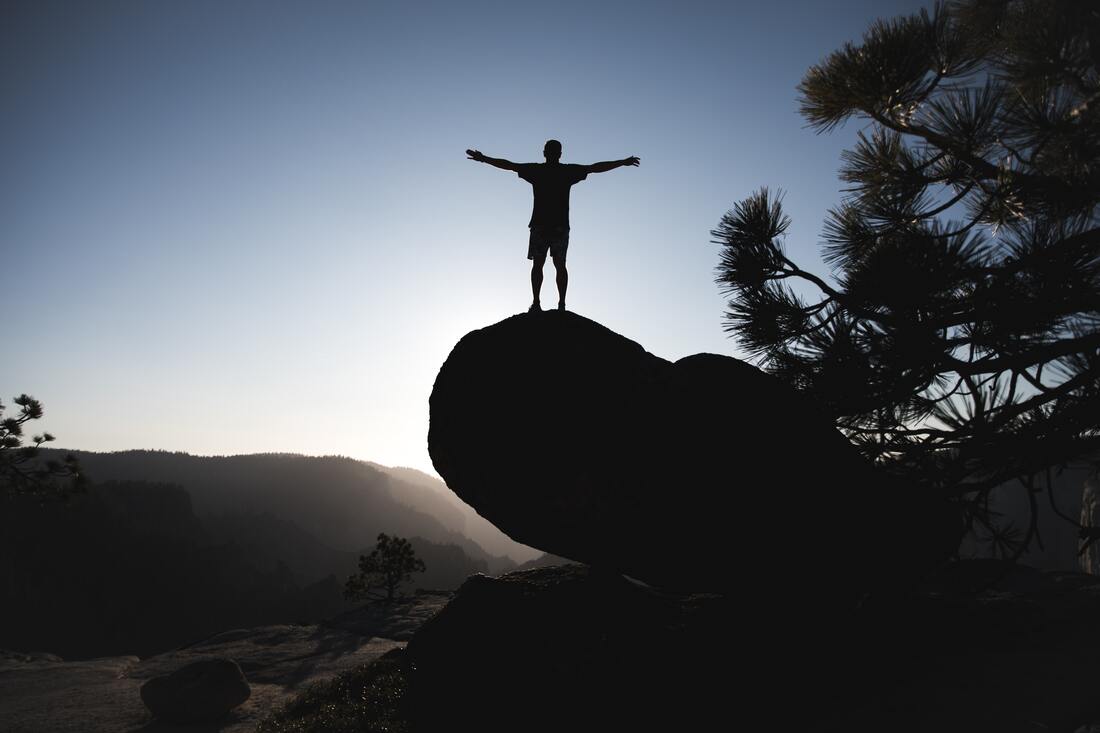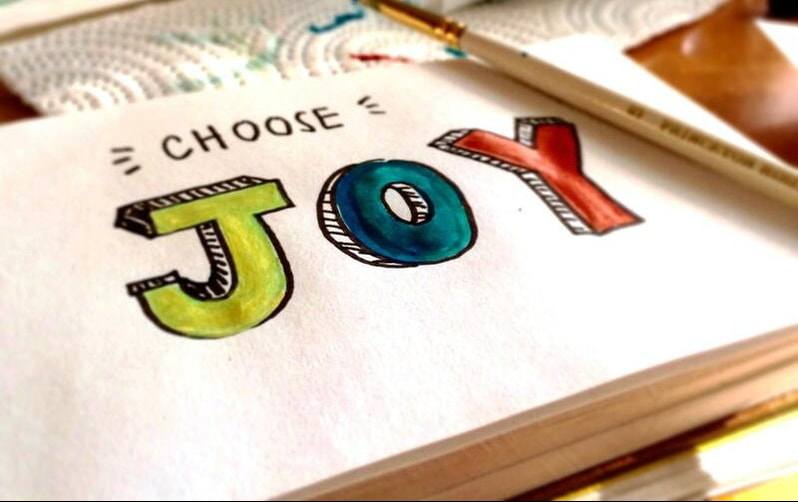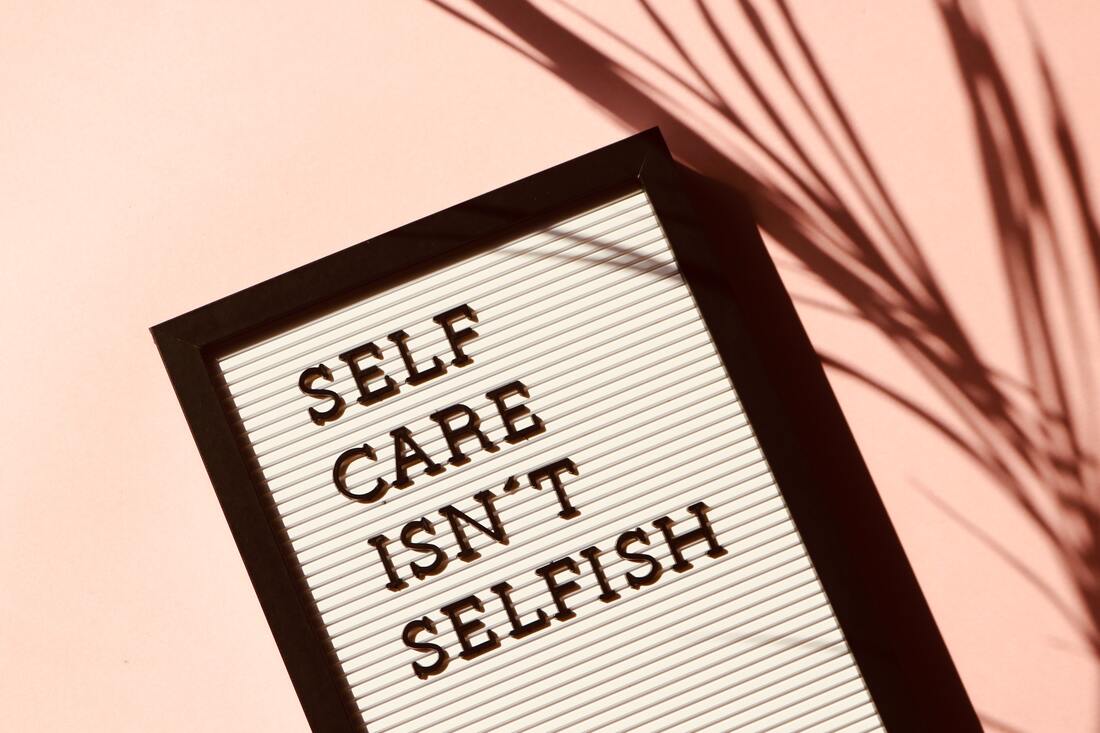|
In today's fast-paced and demanding world, many individuals find themselves struggling to live a life full of meaning, maintain perspective, and reduce stress. The constant pressure to succeed, the overwhelming amount of information, and the ever-increasing responsibilities can leave us feeling lost and disconnected.
However, coaching offers valuable tools and techniques to help individuals overcome these challenges and create a life that is both fulfilling and balanced. In this article, we will explore the common challenges people face in their pursuit of a meaningful life, the importance of putting things in perspective, and how coaching can provide the necessary support to overcome these obstacles.
0 Comments
We all know the feeling—angry, upset, and sad because the world is making our life less than perfect. Our boss is mean, our friends aren’t there for us, other drivers cut us off in traffic, the store clerk was rude, we got a surprise bill from the electric company. On and on, we have so many miseries that are not our fault.
Susan wrote in Feel the Fear and Do It Anyway, “We all have a tendency to look around for someone to blame if things are not working out to our liking.” Blaming others of things outside our control means we are not taking responsibility for ourselves. Blame makes us into an injured party who has no control, who lets the world beat them down, who doesn’t respect themselves, who lives in misery. In Chapter 4, “Whether You Want It or Not…It’s Yours,” Susan talks a lot about taking responsibility for our own lives. As adults, we often feel that we are burdened with lots of responsibility. But responsibility for your day-to-day living is far different than taking responsibility for how you react to your day-to-day living. A daily practice to realize the counterintuitive truth that when you slow down, you have more time. Most people, most of the time, move more quickly than they need to. I’m not talking about running for the bus—I mean operating with an internal imperative, an over-revved engine, an agitated nervous system and an overactive mind that makes you drum your fingers while you wait for your coffee order, fidget with your phone when there is nothing you need from it, walk as if rushing because, well, just because it’s your habit. Moving quickly, while stressful, gives us a sense of purpose, as if pace and posture are saying: “Look how busy and important I am; I have no time to hang around.” “I have so much going on,” we boast to each other, as if we would prefer it to be otherwise. We tell each other: “I really need some space,” but as soon as you have some free time, do you just sit there, surrendering to the void? No, you fill it up with doing something!
Remember that life is complicated and can be more difficult at times. Sometimes it feels like a rollercoaster ride! Cleaning your life up, getting rid of the deadwood, and finding your place of balance forms a wonderful grounding foundation to build on. Feeling you are in balance is the best, most powerful place to work from and a place to come back to when things are difficult. Being familiar with the feeling of being in balance allows you to know exactly what you want to get back to. This also offers you the goal to strive for. Life will always contain difficult times. Trusting yourself to handle these difficult times gives you the confidence to deal with them.
If your life feels like it is a mess and you are ready to take some action, there are many different approaches to consider. Support from a professional or wise friend, meditation, spiritual beliefs, sometimes even just taking a “time out” holiday is incredibly beneficial. Find the option that suits your personality and lifestyle best. You are looking to be more grounded in the present, calmer, which will offer more clarity. You are more likely to stay on track with making the necessary changes with a realistic clear mind. To get yourself on track to feeling better and living the kind of life you wish for, ask yourself: Lessons from Rebekah Taussig on honoring and celebrating our bodies.
Self-acceptance is essential to self-care and our overall well-being. If we can’t accept ourselves, our well-being is going to suffer, regardless of how diligent we are about any other physical and mental health practices. Still, even with all the progress we’ve made in recent years on body positivity and mental health, the radical act of accepting ourselves for who we are has never been more challenging. Our society surrounds us with images of what supposedly healthy and perfect bodies look like. And of course, much of that is fueled by social media, which, in study after study, has been shown to damage our body image and self-acceptance. So how can we learn to accept ourselves and show up for ourselves in a way that nurtures our well-being? To begin to answer this question, I had the privilege of talking with Rebekah Taussig on a recent episode of Deloitte’s “WorkWell” podcast. Rebekah is a writer, teacher, and advocate, whose popular Instagram feed, @sitting_pretty, is filled with what she calls “Mini memoirs.” I was thrilled to talk to her about her new book, Sitting Pretty: The View from My Ordinary Resilient Disabled Body, in which she chronicles her journey to self-acceptance with her trademark candor, humor, vulnerability, and authenticity. Every summer, many people put aside their work, daily stresses and responsibilities and escape on a vacation, somewhere far away from reality. It may be a secluded retreat in the mountains, a camping trip with the kids, an arranged tour in another country, an Alaskan cruise, or days relaxing at an exotic beach or resort.
However, with the current pandemic including social distancing and travel restrictions, along with financial constraints for many, those plans may have to be temporarily shelved. But the desire to escape reality – for just a bit – is very much alive. So, with many people remaining in their homes, how can that off-work journey happen? We have some tips for making the best of the situation and creating cherished vacation memories without ever leaving home. It’s called a staycation. What’s a staycation? by Leah Njoki
Ever been asked to say a few things about yourself? Perhaps you said you’re a good communicator, attentive to details, or a team player. The point being, we all define ourselves in a certain way. Here’s the paradox, though; It’s not what you say that is an accurate representation of who you are, but rather what you show yourself to be. That’s how people judge you. They respond to the image you project. As such, it’s critical to focus on what you do rather than what you say. If you want to sell yourself to the world in an authentic way, focus on these four really small things because they say a lot about you. This way, you’re guaranteed to make a lasting impression and command respect from people. 1. How you keep time .... By Susan Begeman Steiner
Diane was new to the job and was having a problem with a co-worker named Matt. The team that Diane was leading needed Matt’s expertise for their health-care project, but he didn't show up for team meetings. He would miss one team meeting after another, always for seemingly good reasons. Diane heard from others on the team that Matt was arrogant, anti-social and notoriously difficult to work with. Diane and her boss met with Matt and talked to him directly about the advantages of his participating on the team, but nothing changed. By Marina Khidekel, Head of Content Development at Thrive Global
Photo by EIELEI on Unsplash A recent study found that people who laugh (or even smile) frequently are less stressed in the face of anxiety-inducing events, and even show fewer physical and emotional stress symptoms than those who laugh less often. Researchers are finding that laughter can act as a buffer for feelings of stress and overwhelm — and in particularly challenging times, leaning into moments of levity, joy, and silliness can boost our mental health and help us deal with feelings of anxiety and uncertainty.We asked our Thrive community to share one thing that’s making them laugh during this challenging time. Which of these is bringing a smile to your face right now? |








 RSS Feed
RSS Feed